Coping With Menopausal Hair Loss
Once your periods have finally stopped, most women find that the symptoms of menopause start to ease off. But the lower estrogen levels that your body produces post-menopause can have long term implications for your health. This can include increased risk of osteoporosis (thinning of the bones which means they are more likely to break) and cardiovascular disease such as heart disease and stroke.
However, one symptom that often catches women off guard during this time is hair loss. Menopausal hair loss can be distressing, affecting self-esteem and confidence. The decrease in estrogen levels can cause hair to become thin, brittle, and in some cases, fall out. While there is no magical cure for menopausal hair loss, there are steps you can take to cope with this issue. If you're experiencing menopausal hair loss, here are four suggestions to help you cope and potentially promote healthier hair growth:
Adopt a healthy lifestyle
Embracing a healthy lifestyle can make a significant difference in managing menopausal hair loss. A healthy midlife lifestyle means giving up smoking, engaging in regular exercise, and prioritizing quality sleep. Additionally, it is important to focus on a nutrient-rich diet specifically designed for menopause. Ensure you're eating a balanced diet rich in vitamins and minerals, particularly those that support hair growth, such as iron, biotin, and zinc. Focus on incorporating plenty of fruits, vegetables, lean proteins, and whole grains into your meals. Regular exercise can also boost circulation, providing valuable nutrients to your hair follicles.
While a healthy diet is essential, it is also vital to manage stress levels. Increased stress can worsen hair loss, so finding healthy coping mechanisms such as meditation, yoga, or engaging in hobbies can make a noticeable difference.
Menopausal hair loss can be disheartening, but with the right lifestyle choices and nourishing your body with the nutrients it needs, you can minimize the impact and promote healthier hair.
2. Consult a healthcare professional
If you're concerned about hair loss during menopause, it's important to consult with a healthcare professional. They can evaluate your hormone levels and overall health to identify any underlying issues contributing to hair loss. Depending on your situation, they may recommend hormone replacement therapy or other medications to alleviate symptoms and promote hair growth.
3. Style your hair wisely
While you might be craving hairstyles that add volume or cover thinning areas, it's crucial to avoid styles that pull or stress your hair. Tight ponytails, braids, and other types of updos can exacerbate hair loss. Opt for looser, gentler hairstyles such as loose braids, buns, or embracing your hair's natural texture. Avoid excessive heat styling and use gentle hair accessories to minimize damage and breakage.
4. Consider hair care products
Utilizing specialized hair care products designed for thinning hair can be beneficial. Look for shampoos and conditioners that incorporate ingredients like biotin, keratin, or peptides, which can promote hair strength and growth. Additionally, consider using hair products that provide volume or texture to make your hair appear fuller. Avoid harsh chemicals or excessive styling products that could further damage your hair.
The development of effective treatments for hair loss due to menopause marks a significant milestone in women's health. With increased awareness and research, women now have access to a range of solutions to combat this common concern. From topical treatments to oral medications and advanced procedures like Hormone Replacement therapy, the options are diverse. While menopausal hair loss can feel disheartening, lifestyle, professionals, and hair technicians can help women can regain confidence and enjoy healthy, luscious locks once again.
Are you experiencing hair loss due to menopause? What strategies have you found most helpful?
Share this:





